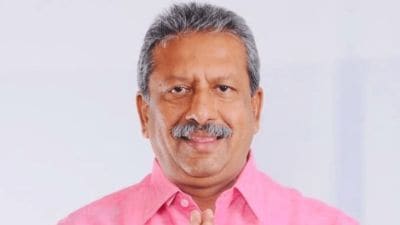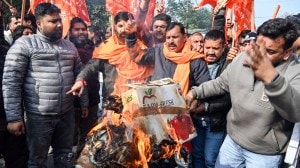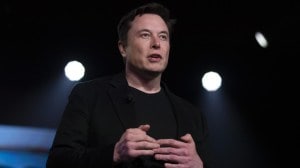Traders threaten bandh
MUMBAI, April 2: The Federation of Associations of Maharashtra FAM, a body of traders, has threatened to close down all essential commodit...

MUMBAI, April 2: The Federation of Associations of Maharashtra FAM, a body of traders, has threatened to close down all essential commodity markets in the state on April 8 and 9 if the state government doesn8217;t withdraw the 4 per cent sales tax levied on certain commodities.
The government has covered commodities like branded atta and maida, imported sugar, textiles, wet dates khajur and textiles under the tax net in its 1998 budget proposals because quot;they are consumed by affluent sections of the population.quot;
Interestingly, the Shiv Sena has decided to support FAM8217;s demand, and party leader Kanhaiyalal Gidwani has taken the lead in pressuring the government to withdraw the tax.
A FAM delegation led by Gidwani had been invited by Finance Minister Mahadev Shivankar on Wednesday for a discussion on the matter, but Shivankar didn8217;t turn up for the meeting, FAM members alleged. He had similarly refused to speak to them on three earlier occasions, they said.
quot;If the tax isn8217;t liftedeven by April 9, and the government goes ahead with the enactment, the trading community will have resort to an indefinite bandh,quot; FAM president Mohan Gurnani said.
Traders contend that it is untrue that commodities brought under the purview of the sales tax are consumed by the richer classes, and the Sena argues the ordinary consumer will be worst-hit due to the imposition. quot;The industry will have to pay 4 per cent tax, but common consumers will end up paying 20 per cent more,quot; Gidwani said, adding, quot;the government was unaware of the repurcussions of its move.quot;
Gurnani felt that the repurcussions would be serious. quot;All millers have their own brands, so the total production of atta and maida will be taxed. Bakers buy this atta and maida to make bread, so ultimately it will be the common man who8217;ll have to cough up a larger sum,quot; he said. Anil Gupta, president of the Maharashtra Roller Flour Mills Association, said: quot;Maharashtra has to import wheat from other states, asno wheat is produced here. Millers as well as consumers are already subject to levies of other states. Now this will add to the burden.quot;
Gurnani said sales tax on sugar is already being collected along with excise duty. Gidwani pointed out that on the one hand, the government provides a subsidy of Rs 200 crore for essential commodities and on the other makes common consumers pay more by wrongly construing certain items as being confined to the richer classes. Thus, levying tax on imported sugar would create hardships, for traders will have to register with the sales tax department, take licenses, submit returns, etc. Consumption of imported sugar in Maharashtra, he argued, is minimal as it is the largest sugar-producing state in India, so the government stands to earn a negligible sum from such tax.
- 01
- 02
- 03
- 04
- 05































